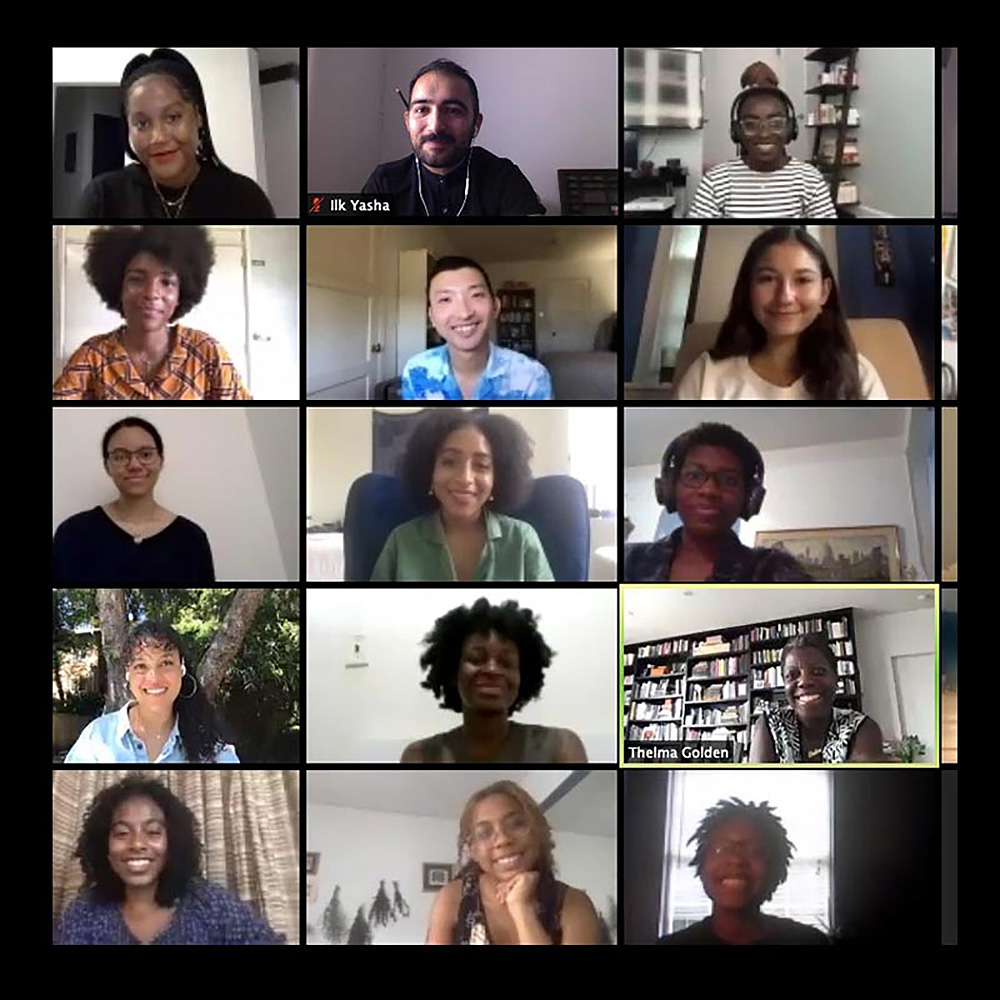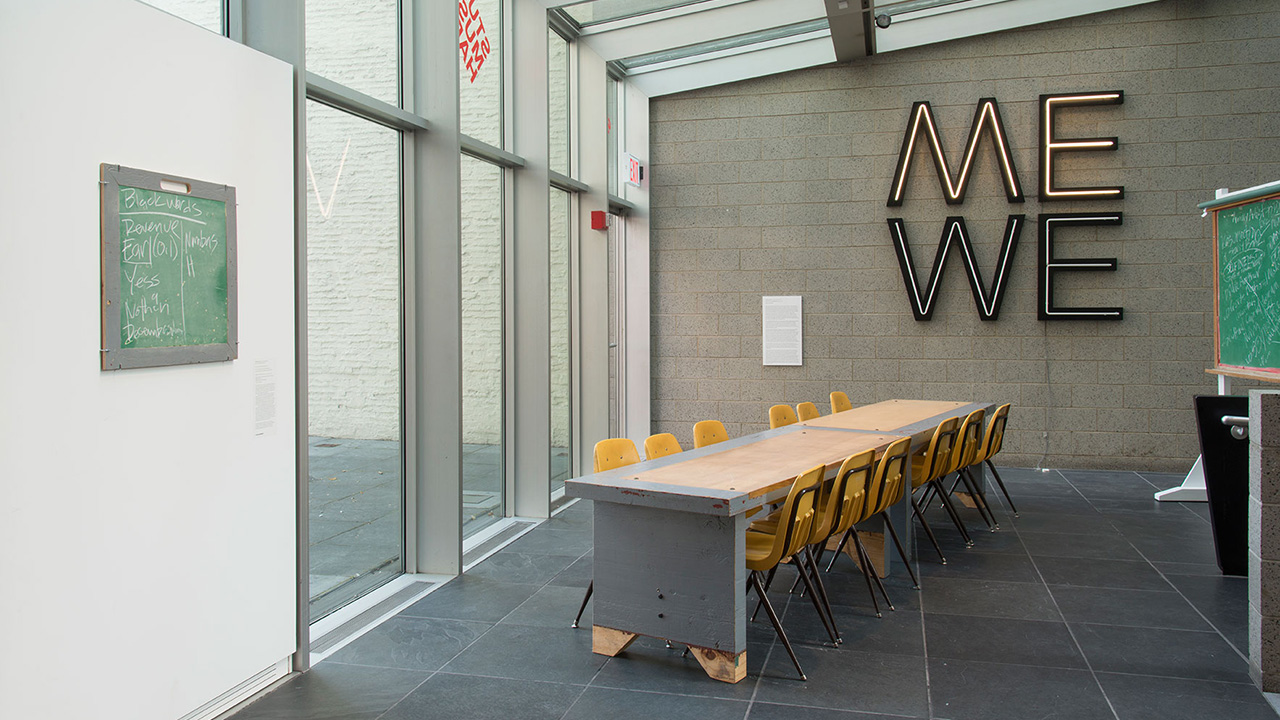As institutions across the world grapple with the fallout of our current pandemic, sector-wide dialogues on the future of museum practice, ranging from the administrative to the curatorial in nature, have begun to take precedence. In a recent report published by the American Alliance of Museums, a survey of 2,666 museum professionals showed that a fifth of workers don’t anticipate remaining in the field, most citing burnout, a statistic further exacerbated by marginalized identity intersections.
COVID-19 has raised participation barriers even more: 40 percent of those surveyed said they lost income over the course of lockdown in tandem with an increased workload. Museums emphasizing social justice on gallery walls must strategize what that ethos looks like in their offices too; and as institutions recalibrate their priorities in a post-COVID, hybridized landscape, creativity is essential to establishing the industry’s next chapter.
That’s where the Studio Museum in Harlem comes in. Their new digital program, the Museum Professionals Seminar, aims to provide professional development inspired by the Studio Museum’s mission, one built on the tenets of inclusion, equity, and community. The seminar consists of educational workshops aimed at supporting early career museum professionals, promoting discussion, and skill-building across arts and cultural institutions. The program allows new and emerging faces to create community alongside their learning experiences; weekly readings are assigned to help center conversations on a variety of relevant topics like curatorial practice, public programming, and arts administration.

Running from July 6 to August 3, the Museum Professionals Seminar will be conducted over Zoom and Google Classroom. Image: Studio Museum
“If we think about the way museums generally operate, there are exhibitions and programs in response to those exhibition’s themes or concerns… those programs are one-off most of the time,” Ilk Yasha, the Studio Museum Institute’s Coordinator, told Jing Culture & Commerce. “So what happens when museums build long relationships and community in this time of COVID outside of the one-size-fits-all model? This seminar is built out of that intention to slow down, have folks commit to a longer program, and actually grow, connect, and learn.”
The Studio Museum’s seminar is open to undergraduates, graduate students, and workers in the field with an “investment in the art and artists of African descent,” says Yasha. “The fact that we pay folks to take part in this program is a shift,” he continues, “because we’re trying to acknowledge the extreme conditions under which this program is possible. There’s a notion of equity built into it. People are getting paid for their time to learn and make connections because this social, political moment and the health crisis at hand has made it very difficult for folks to sustain careers and livelihood. It means something to use the resources and ethos of the institution to support those that are invested in the future of our sector.”
Yasha describes the program as “rigorous,” citing guest lectures from Studio Museum professionals and the aforementioned readings, but also underscores the emotional element at play. “It’s also about vulnerability… staff members are talking about the theories and philosophies that inspired their work, but they’re also talking about the realness of this moment.”
The importance not just of this seminar, but the precedent it sets in the museum sphere, cannot be overstated. “Right now, there is an incredible and palpable questioning going on in this cultural moment, and it’s allowed folks to realize the importance of having diverse, open, inclusive institutions, as well as programs and organizations.”



